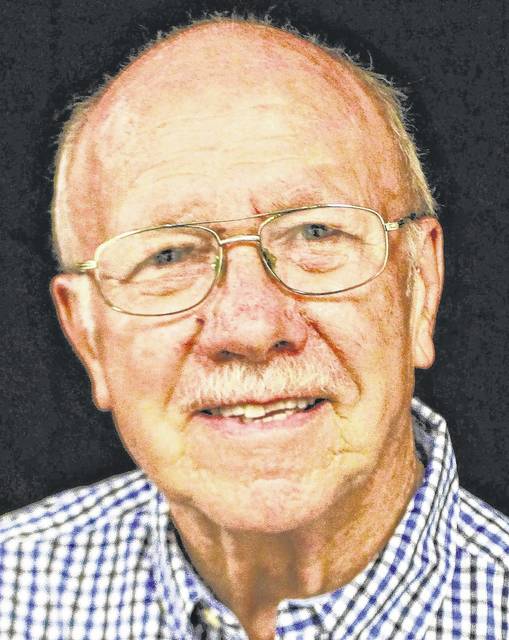
We often listen to the stories of veterans who have experienced serious battlefield conflict. It’s easy to dismiss their descriptions of those experiences — which for many are as much alive today as years ago.
I did serve in the military, but had a very soft assignment in Germany and experienced no negative psychological consequences. On the other hand, as a child, I did live through World War II and even those years left me with memories I do not forget.
I’m sure others of similar age could tell similar stories – here are some of my recollections.
I turned eight years old less than three weeks before the Japanese bombed Pearl Harbor. I can remember my mother pulling me aside and explaining to me what had happened, but I don’t think it made much sense to me. However, the next four years were permeated with news of the war, its progress, the names of islands in the Pacific, as well as countries and cities in Europe.
My father was just a year or two above the age for recruitment and subsequently avoided military service. Throughout the war he continued his work as a repairman for the National Cash Register Company in Indianapolis.
Because of his work he was in contact with a variety of businesses that presented the opportunity of securing extra supplies of rationed goods such as butter, laundry soap, sugar and several other things.
I never heard my father indicate that he was interested in being a part of the military and our family was hardly affected by the shortages so many families experienced. He did not leave me with the impression that he had particularly strong feelings about the war – he was not a super patriot, but he was not unpatriotic either.
His stock answer when such questions emerged concerning being the military was, “I’d rather be a live coward than a dead hero.” That statement may have opened the door to my being able to see the evil effects of war to which our country has been party.
My mother, however, was very patriotic and that showed in her relationship with me. With her encouragement, I cut war photos out of magazines and newspapers and still have copies of newspapers declaring the end of both wars. She clearly admired specific generals and had no doubt about our execution of that war.
I still have about 10 language guides for Russian, French, Italian, etc. published by the War Department. I have some 20 copies of True Comics which highlighted the U.S. heroes in both theaters of war. I also collected these three-inch metal images of soldiers in combat as well as booklets to assist one in identifying enemy and Allied airplanes – German Stukas and Messerschmitts, British Spitfires, Japanese Zeroes, US P-38s, B- 24s, Flying Tigers and dozens more.
My favorite uncle was stationed in North Africa and served as a mechanic for B-24’s which were regularly bombing Italy. I had a cousin in the Navy who once visited us in Indianapolis – he even purchased model warships and painted them with appropriate camouflage colors – and gave some to me – WOW!
Unfortunately, I also had a first cousin who was killed on Saipan – he had only been in the military several weeks.
When the war came to an end, I was permitted to accompany my dad, sister and a friend of hers to the center of Indianapolis at the Circle where celebrations were taking place. I was 12 by then and I clearly remember two things: First, the dancing in Congo lines; and second, because it had rained some, the girls who had put pancake makeup on their legs to mimic silk or nylon stockings found it running down their legs. (The demands of war resulted in silk and nylon being unavailable for women’s needs).
Memories are funny things and don’t seem to distinguish between important and less important events.
What might we learn from the recollections of a child growing up during the most destructive war in human history? First, of course, every effort must be made to avoid war. And second, what is it in our world today that will have been remembered with such clarity that it will haunt us into our later years — and then, what are we doing to correct it?
Neil Snarr is Professor Emeritus at Wilmington College.


